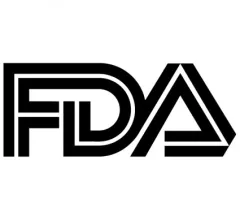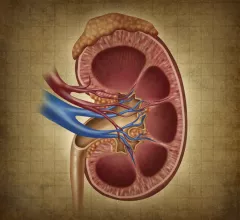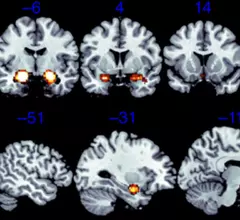Heart Health
This news channel includes content on cardiovascular disease prevention, cardiac risk stratification, diagnosis, screening programs, and management of major risk factors that include diabetes, hypertension, diet, life style, cholesterol, obesity, ethnicity and socio-economic disparities.
Displaying 1129 - 1136 of 1148










